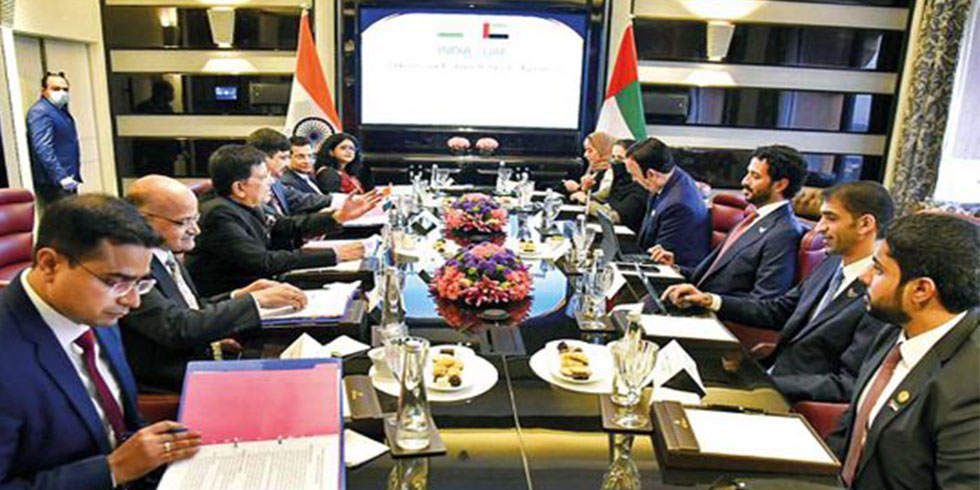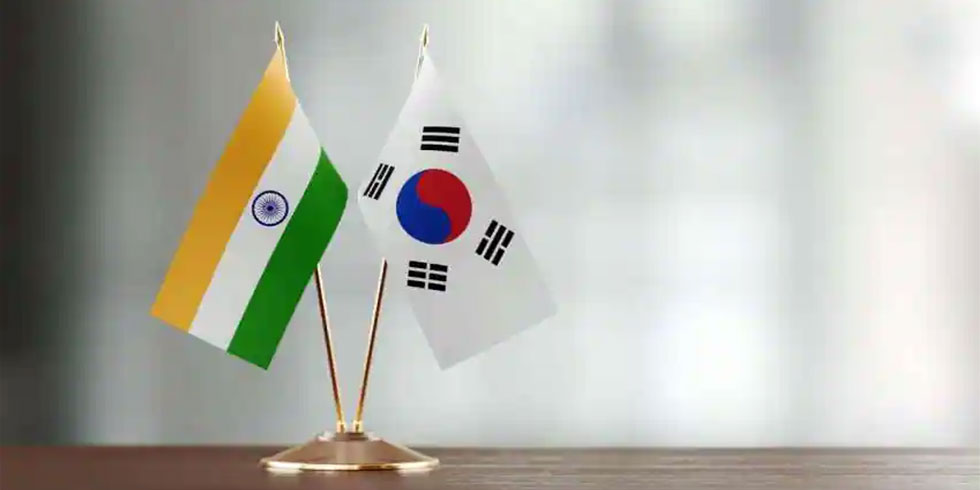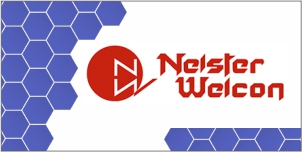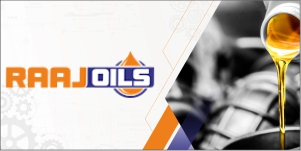Lays and Kurkure will now spearhead PepsiCo’s presence in the western salted snacks segment and Indian salted snacks market, respectively
PepsiCo. India Holdings Pvt. Ltd, the Indian arm of the American food and beverages maker, is streamlining its snacks portfolio to create two master brands as it looks to tap India’s fast-growing traditional snacks market—one where regional companies are outpacing their larger national rivals.
Lays and Kurkure, its two large Rs.1,000 crore plus brands, will now spearhead PepsiCo’s presence in the western salted snacks segment and Indian salted snacks market, in which it has very little representation.
The strategy will see Kurkure, which is synonymous with tedha medha (crooked shaped) extruded corn-based chips, enter new categories of Indian savouries such as peanuts and fried moong dal. It has already launched some 10 such ‘namkeen’ products under the brand in the past couple of months.
“Kurkure is one of the most loved and trusted brands for the last five years. However, there are very few occasions when you can have it as it’s a single product. That limits our role in India. That is why 2016 will be largely about stretching Kurkure across namkeen and making it the quintessential Indian snack,” said Partho Chakrabarti, vice-president, snacks category, PepsiCo India.
The company is planning new launches every 3-4 months to add to the portfolio of its two master brands. Also in the pipeline are murmura mix (puffed rice) andchiwda mix (pressed rice), said Chakrabarti.
The move will see the company take on domestic major Haldiram Foods International Pvt. Ltd, whose Haldiram’s is the largest brand by value in the sweet as well as savoury snacks market with an 18% share.
PepsiCo’s Lays had a 15.2% market share by value, and Kurkure a 14.3% market share in calendar year 2015, according to data provided by business intelligence company Euromonitor International.
Branded Indian salty snacks account for 63% of the overall snacks market, while branded western salted snacks such as potato chips account for the remaining 37%, according to market research firm IMRB international.
PepsiCo’s change in strategy comes at a time when western salted brands such as Lays have been stagnant in the Indian market. The traditional salty snacks market with products like bhujia and chiwda grew at 4% in 2015 while the western salty snacks market contracted by 1% in the same period, according to IMRB International.
Moreover, national companies are losing out to regional ones. “Brands with national presence were unable to grow in 2015, whereas regional brands have been witnessing continuous growth for the last two years,” said Priyanka Agha, insights director, IMRB International. Nearly three-fourths of branded snacks are owned by small local entities, she added.
National brand volumes declined by 10% in the first 10 months of calendar year 2015 over the year-ago period.
Meanwhile, regional companies such as Balaji Wafers Pvt. Ltd and Prataap Snacks Pvt. Ltd, makers of Yellow Diamond chips, grew 7% in the first 10 months of the calendar year 2015 over the same period a year ago, according to IMRB International.
The master brand status for Kurkure will also mean that the company will increase its marketing spending on the brand. The company did not reveal the exact increase in spending.
In addition, PepsiCo will phase out Lehar, its savoury snack brand launched in 1996. “Once Kurkure enters the segment, it makes little sense to develop Lehar. The brand will be phased out slowly,” said Chakrabarti.
Lehar has failed to make inroads into the traditional namkeen market and held just a 1.2% value market share in calendar year 2015, according to Euromonitor International.
Regional rivals who have stolen a march over multinationals in Indian snacks are sceptical of the company’s plans.
“They have been in the namkeen segment for a very long time with not much success. Now they are relaunching their products under a new brand name. For success they need to get the Indian taste right,” said Chandubhai Virani, co-founder, Balaji Wafers.
The brand extension of Kurkure could also have a negative rub-off, independent experts said.
“Kurkure is so well-entrenched in corn extruded products that the brand extension may create confusion and have a negative rub- off,” said Arvind Singhal, chairman and managing director, Technopak Advisors Pvt Ltd, a Gurgaon-based retail consultancy.
Singhal pointed out that other popular brands such as Nestle India Ltd’s Maggi noodles that have added ketchups and sauces to their lineup still get the bulk of their revenue from the core product.
Chakrabarti, however, took a contrarian view.
“There is a 27% overlap between the Kurkure consumer and the namkeenconsumer. Kurkure consumers account for 44% of the namkeen segment volumes,” he said, quoting a household panel study by IMRB in the third quarter of 2015. If the company can sell its namkeen products to this consumer, “the potential is huge”, said Chakrabarti.
Like PepsiCo, most consumer goods companies are now looking at making inroads into sectors that have been dominated by local or regional companies.
For instance, Hindustan Unilever Ltd, India’s largest packaged consumer goods company by sales, acquired Kerala-based ayurvedic hair oil brand Indulekha in December, looking to take on local competition.
“We will see a lot more global companies enter the ethnic categories as they become big. MNCs can’t afford to ignore these categories as they look for growth. They will look to either build or buy brands in such categories,” said Rajat Wahi, partner and head of the consumer markets practice at KPMG India.
PepsiCo India to streamline snacks brands















Add Comment